Coin News and Articles
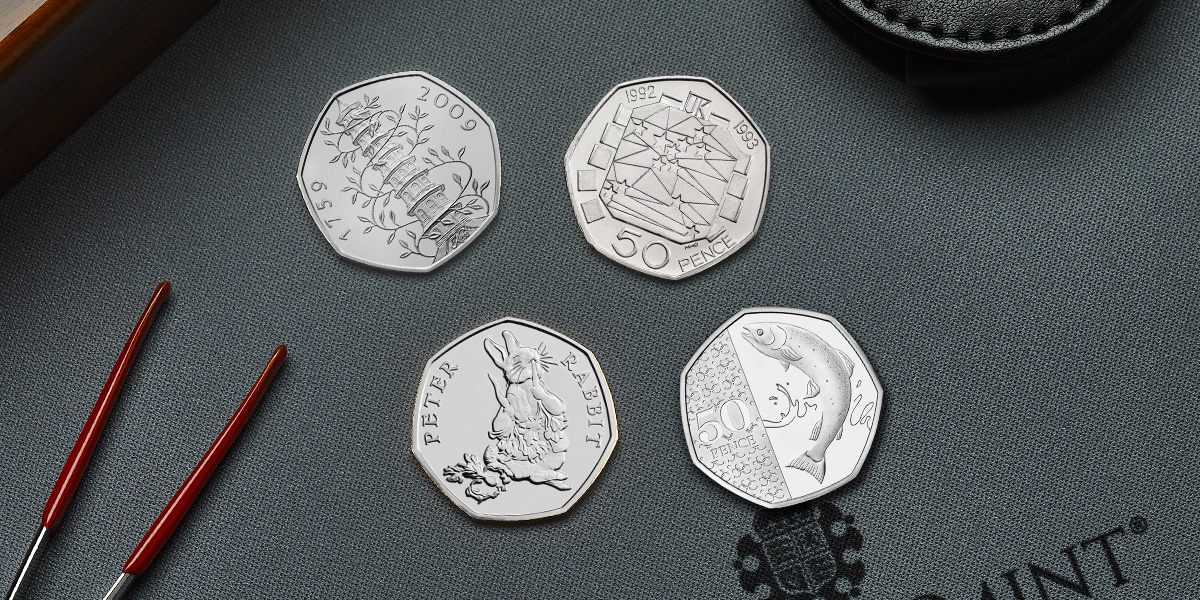
The Rarest 50p Coins
A select few of these superb coins have become some of the rarest 50p coins ever struck by The Royal Mint.
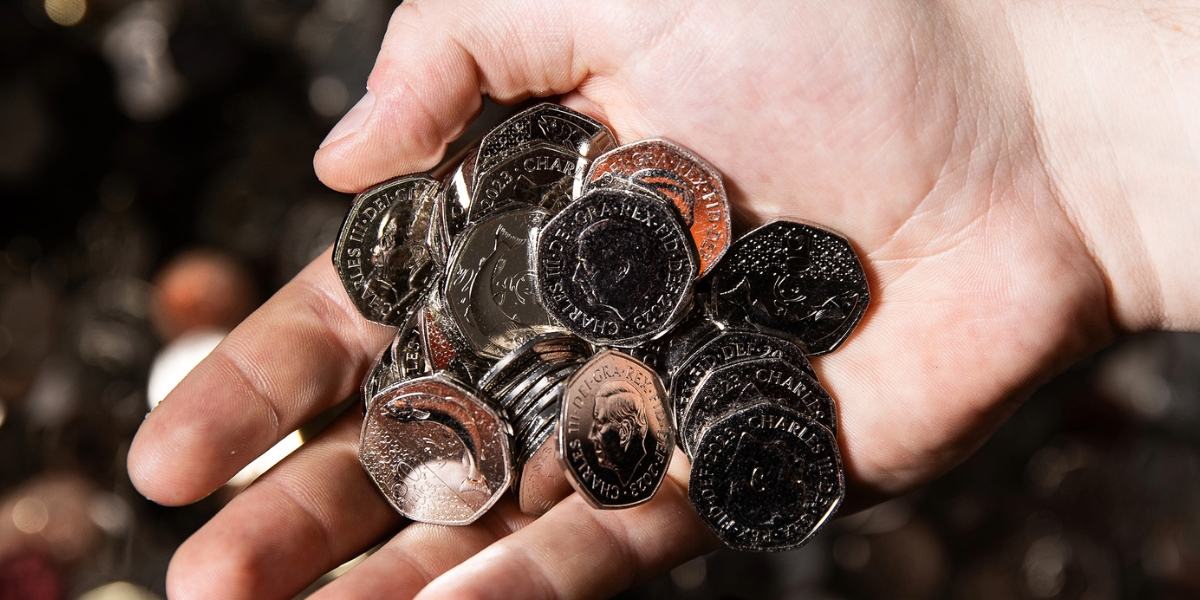
50p Coin Designs and Specifications
Discover more about one of the world's most revolutionary coin designs.

The Rarest UK £2 Coins
In this article, we will explore the history behind the coin and discover the nine rarest £2 coins to be produced by The Royal Mint.

Trial of the Pyx
Established more than 700 years ago, the Trial of the Pyx is one of the oldest judicial procedures that still exists today and is an integral part of everything The Royal Mint does.

The Piedfort Coin
Since 1982, The Royal Mint has produced extremely limited numbers of Piedforts in sterling silver to Proof quality.

Rare Coins
The Royal Mint has been creating coins since AD 886 some of these coins could possibly be rare and might be very valuable.
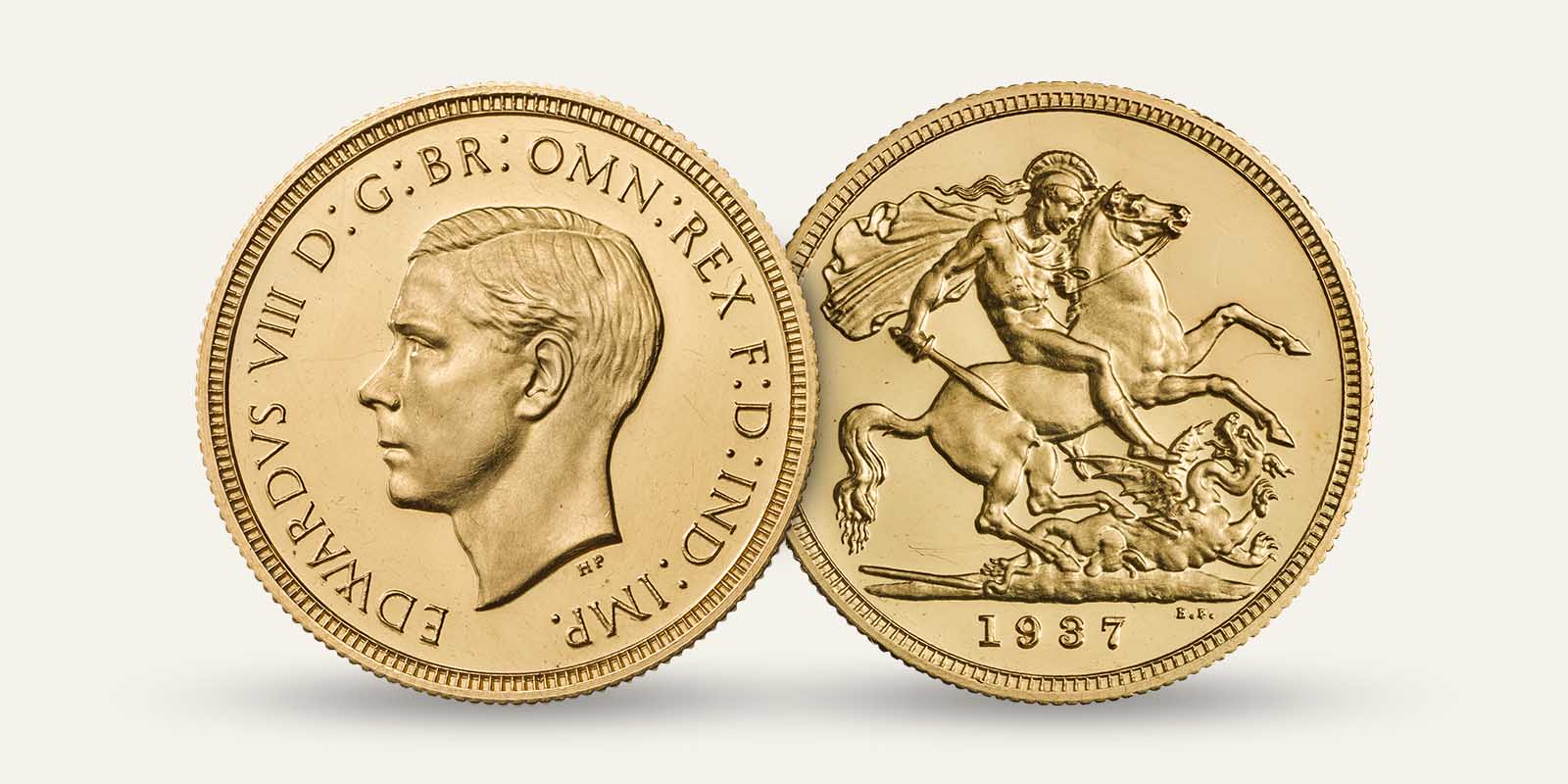
Rare Coins
Discover some of the most rare coins struck in Royal Mint history.

Guide to Getting a Fair Price for a Coin
If you have a coin and are unsure about its history, rarity or authenticity we offer a range of services at The Royal Mint.
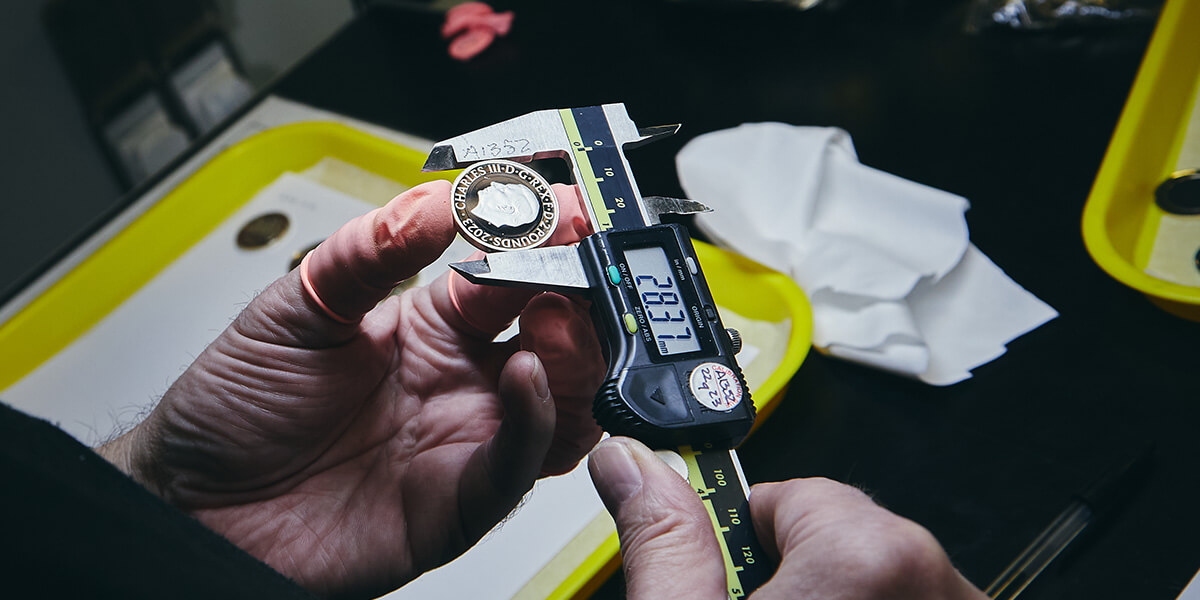
What is a Die Trial Piece?
A die trial piece is a coin-like piece that we produce when we are developing new coins and techniques at The Royal Mint.
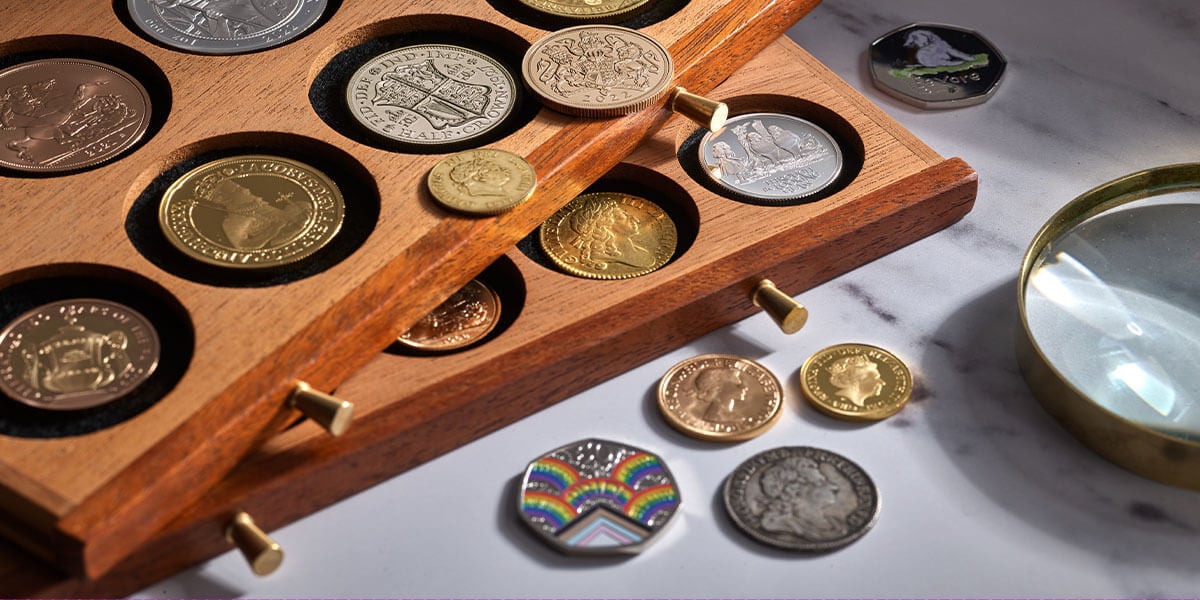
Uncover the Stories Behind Your Collections
Each coin comes with a story, steeped in the history of how it was made and why that theme became commemorated on coinage.

The Coin Design Approval Process
Discover the role of The Royal Mint Advisory Committee in the coin design approval process.

Discover the Joy of Collecting
Whatever your interest, we can help you commemorate your passions through fascinating coin collections and discover your next greatest find.

Maundy Money
The first Maundy money ceremony took place in the reign of Charles II, when the king gave people undated hammered coins in 1662.

The Undated 20p Coin
In November 2008 a number of 20p coins were incorrectly minted, resulting in the coins being undated.
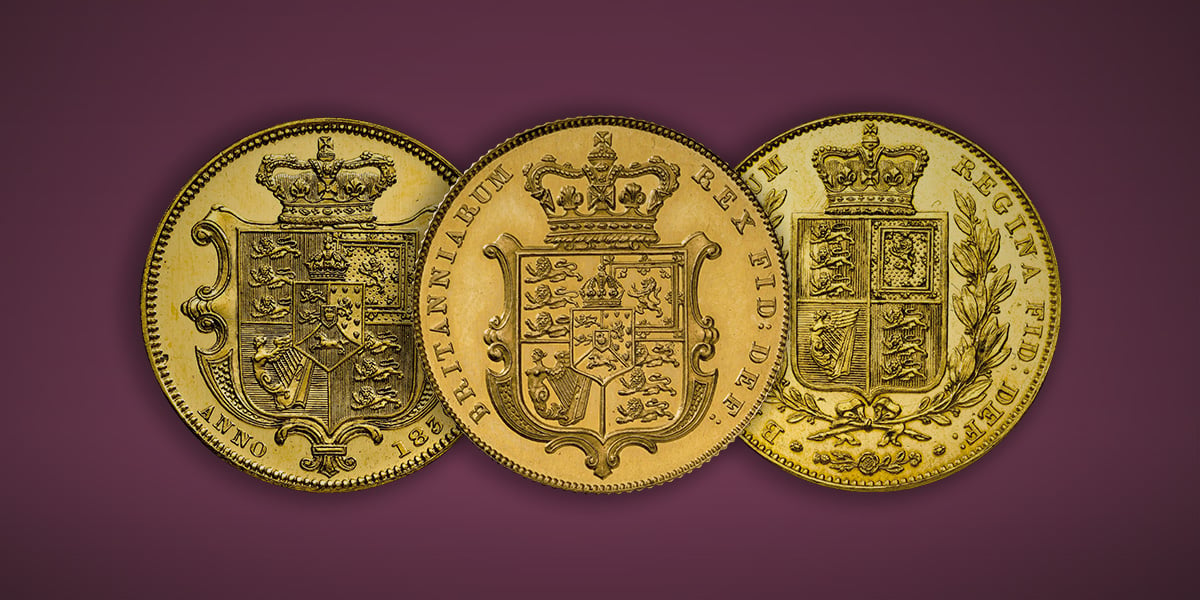
Two Hundred Years of the Crowned Shield
As we mark 200 years since Jean Baptiste Merlen’s Royal Arms first graced our flagship coin.

The UK Coins That Were Never Made
Britain adopted decimal currency in 1971 but the process of designing the new coins actually began ten years earlier.

Making The Change To Decimal Coinage
The changeover to decimal currency was no small task: the public and businesses of Britain required all the necessary information to make the changeover as smooth as possible.

Christopher Ironside’s Designs
Britain’s first decimal coins were designed by the sculptor Christopher Ironside FSIA FRBS OBE. We asked his widow, Jean, what it was like to live through that momentous time.
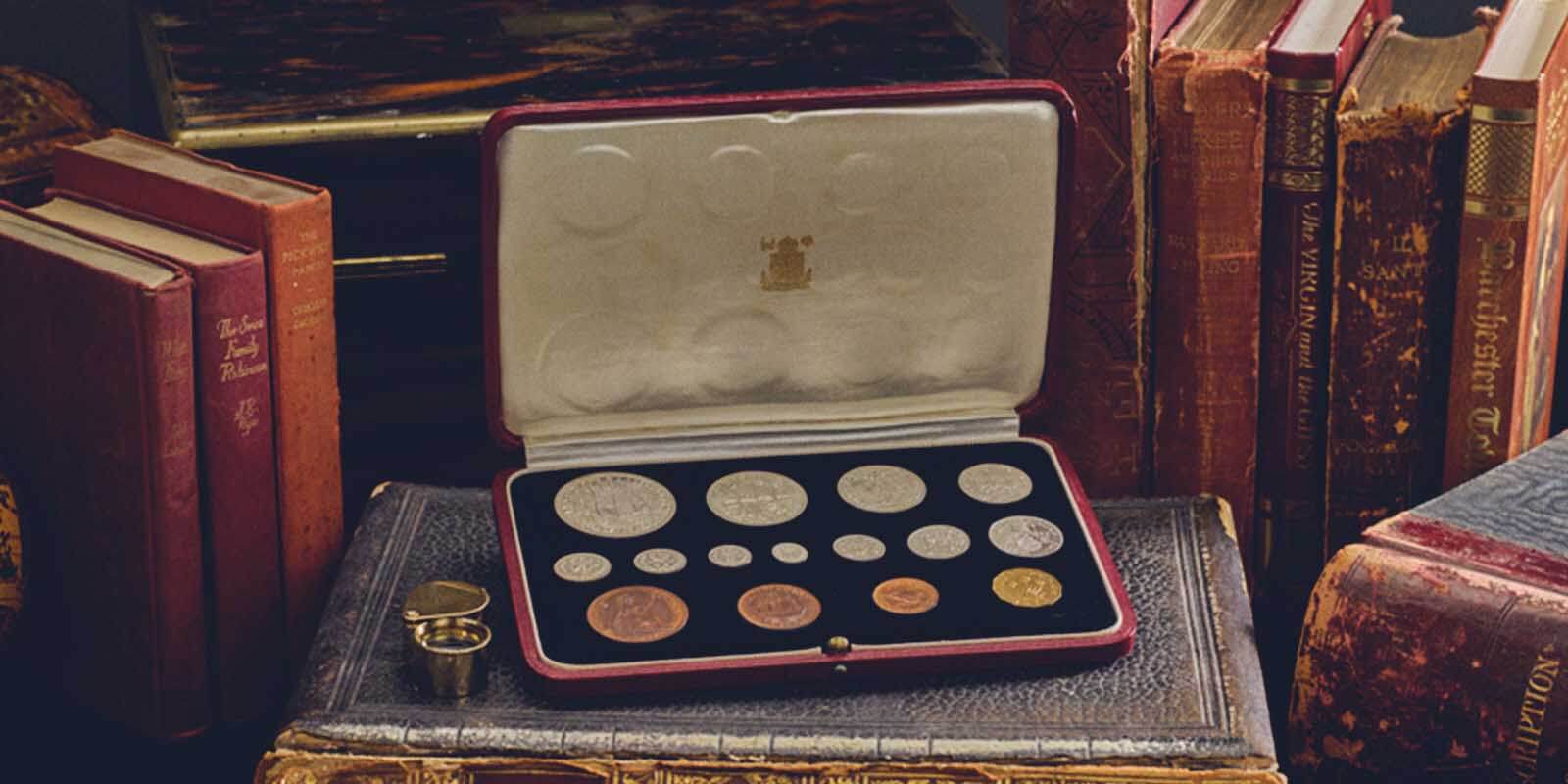
Coin Names and Nicknames
We present to you a selection of our best attempts at referencing and researching the murky history of coin nicknames.

Animals on Coins
Our Animals on Coins Collection is a fun and accessible way to discover the joy of collecting.

The New Definitive Coin Designs
Inspired by conservation and the natural world, the designs also pay tribute to the four nations of the UK.
Don't miss our latest updates...
Be the first to know about new product launches, limited editions, rare coins and much more...
